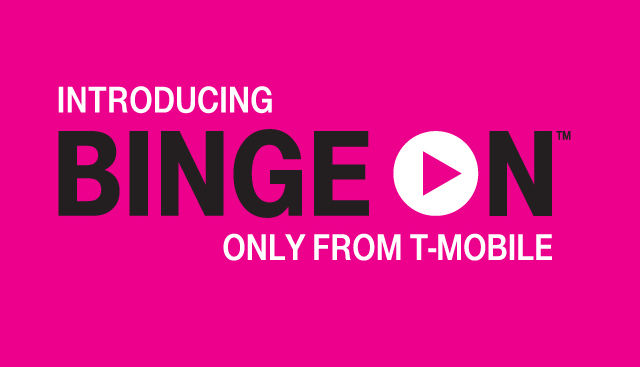Affiliate links on Android Authority may earn us a commission. Learn more.
Netflix confesses to throttling video speeds for AT&T and Verizon customers
Published onMarch 25, 2016

Last week, you may have spotted that AT&T and Verizon were under fire for allegedly throttling the quality of videos streamed from Netflix, but they vehemently denied the claims. Shockingly enough, it turns out that the carriers are in the clear this time. Netflix has admitted that it is behind the reduced video quality and has been enforcing limits for a number of years.
Speaking to the Wall Street Journal, Netflix confessed that the company has been throttling video streams for AT&T and Verizon customers for more than five years. Netflix limits these mobile streams to 600 kbps, which is considerably slower than the speeds achievable over most mobile connections.
The reason is apparently to “protect customers from exceeding mobile data caps.” That sounds rather reasonable of Netflix, but remember that the company is also concerned that customers will stop using its service if it uses up all of their data allowance. Strangely enough Netflix has been at the forefront of supporting of net neutrality rules, but also admits that it has not been limiting the streaming quality for customers with US carriers Sprint and T-Mobile. Apparently, this is because “historically those two companies have had more consumer-friendly policies,” were consumers aren’t charged for exceeding their data limits.
“We’re outraged to learn that Netflix is apparently throttling video for their AT&T customers without their knowledge or consent,” – Jim Cicconi, AT&T senior executive vice president
This isn’t the first and probably won’t be the last throttling saga to hit mobile businesses this year. T-Mobile already found itself facing complaints from content providers about its controversial “Binge-On” plan, which throttles all video data if consumers don’t turn the switch off. Sprint was also forced to abandon its broad throttling practises last year after a public backlash.

There is clearly a balance to be struck between mobile video quality and file sizes that are appropriate for limited data allowances, but a blanket caps on specific networks doesn’t seem like a particularly consumer friendly approach. Fortunately, Netflix states that it is looking into new ways to give its members more control over video quality and is working on a mobile “data saver” option, which will begin rolling out in May. Problem solved?